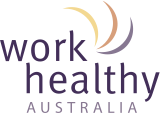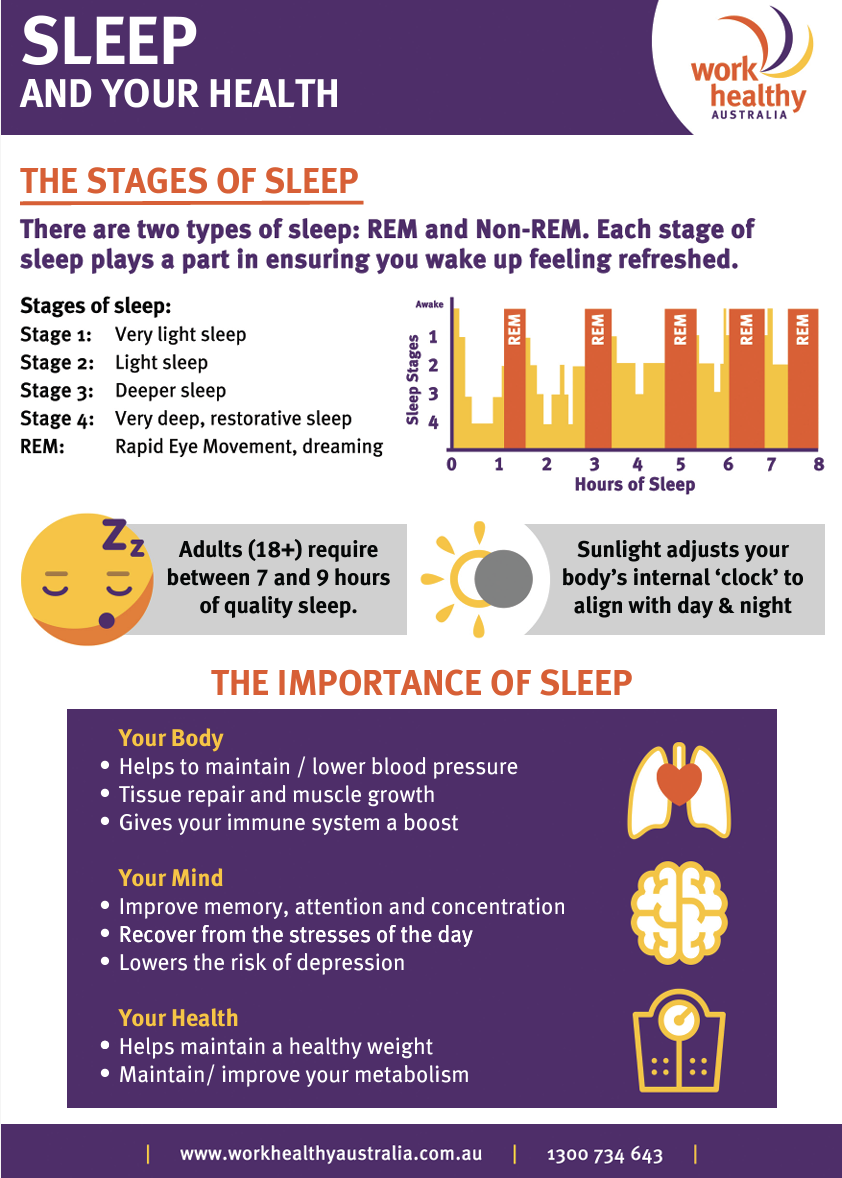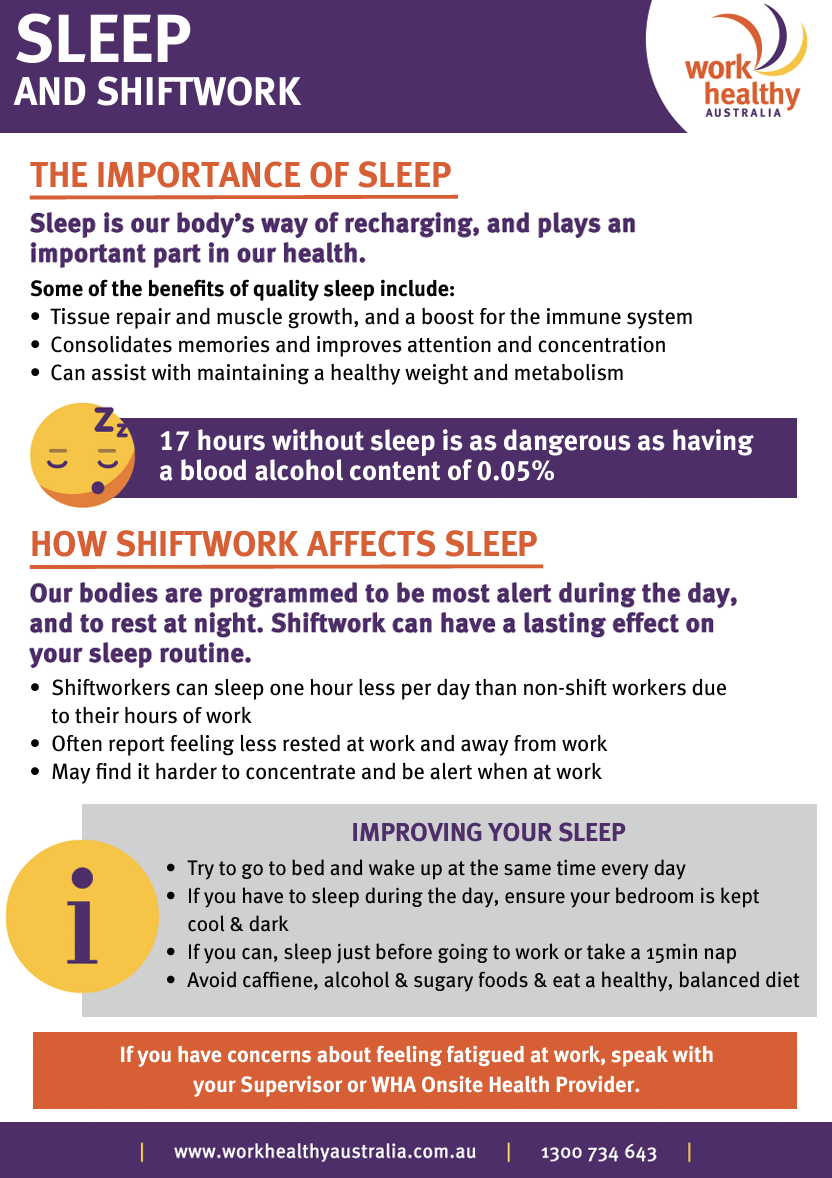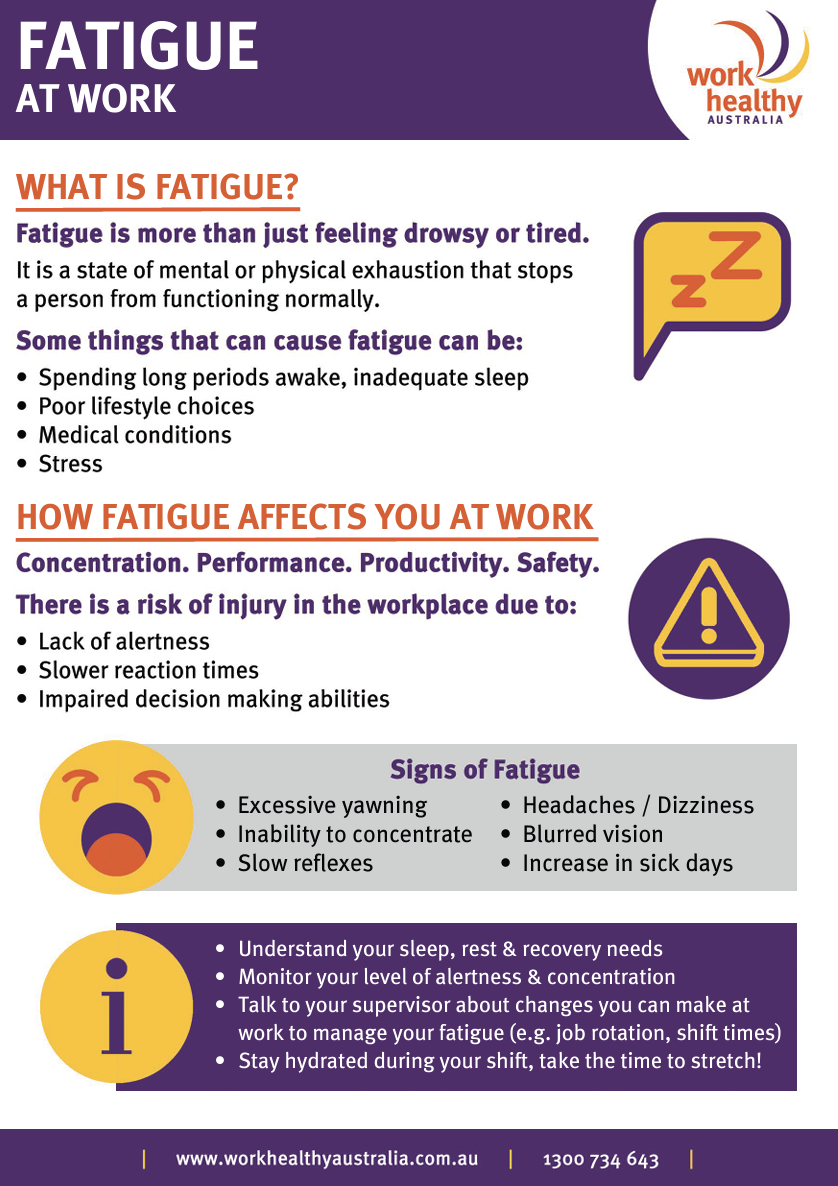
Tired medical worker after a shift.
We are fast becoming a sleep deprived society with 48% of Australian adults reporting at least two sleep-related problems. The decline in sleep quality and inadequate levels of restorative sleep continues to grow globally.
In the short term, inadequate sleep has been shown to affect a person’s judgement, mood, and ability to retain information. It may also increase the risk of serious accidents and injuries in the workplace. In the long term, sleep deprivation may lead to significant health issues and even early mortality.
Good quality sleep is essential for our capacity to function and thrive. Studies suggest that anything less than 7 hours sleep is damaging to our health. Sleep plays a fundamental role in nearly all body systems, so a persistent lack of sleep can have serious physical and mental health consequences.
- Cardiovascular Disease: High blood pressure, coronary heart disease, heart attack, and stroke are all consequences of chronically poor sleep.
- Diabetes: Insufficient sleep can affect the body’s ability to regulate blood sugar, increasing the risk of developing diabetes.
- Obesity: People lacking sleep tend to consume more calories throughout the day to make up for their energy deficiency.
- Immunodeficiency: Inadequate sleep has been shown to create worsened immune function.
- Hormonal Abnormalities: Without proper sleep, the body is unable to produce and regulate normal hormone levels.
- Pain: People who are sleep deprived are more susceptible to developing pain and/or experiencing higher pain levels than those who get adequate sleep.
- Mental Health: Poor sleep has strong associations with conditions like depression, anxiety, and bipolar disorder, along with other mood disorders.
Sleep is essential for cognitive functioning and workplace performance in adults. Fatigue and sleep deprivation have played a role in high profile global disasters, as well as more locally in our day to day lives. Sleep problems increase the risk of motor vehicle and workplace accidents, and over the 2016-17 reporting period, it was suggested that inadequate sleep contributed to more than 3,000 deaths in Australia. The economic cost of sleep problems was estimated to be $51 billion over the 2019-20 reporting period.

The body is designed to get its best sleep at night and be alert during the day and early evening.
Shift work
Shift work has been associated with a wide spectrum of health consequences and is currently considered a contributing factor in the development of cancer due to the disruption of the body’s circadian rhythms (sleep-wake cycle)
Health complications have been found to be amplified in the shift worker as the average shift worker sleeps 1 hour less per day than someone who doesn’t work shifts, with some experiencing up to 4 hours less per day.
Supporting your employees
It’s incumbent on the employer to ensure the health and safety of their workforce. A well-rested and attentive employee is a safe employee. Below are suggestions for minimising fatigue and supporting the quality sleep in your workforce:
- Schedule safety critical work outside the low body clock periods of 2am – 6am, and 2pm – 4pm
- Avoid scheduling back-to-back shifts.
- Restrict the number of successive night shifts to a maximum of three a week
- Keep workers to the same schedule, and when shifts do rotate, rotate them forwards instead of backwards.
- Schedule breaks during night shift, allowing tired workers to take a 15 minute nap.
- Provide your workers with resources and strategies to aid in good sleep hygiene
- An onsite injury management program can help screen for any underlying sleep disturbance problems impacting the workforce. A worker can be provided with strategies to help manage the issue or be referred on to the appropriate healthcare provider.

An onsite injury management program can help screen for any underlying sleep disturbance problems impacting the workforce.
Strategies for better sleep
- Have a consistent sleep schedule (try to go to bed and wake up at the same times each day)
- Set boundaries in your personal and professional life to prioritise sleep
- Spend the right amount of time in bed (no less than 7 hours, avoid greater than 8.5 hours)
- Bed is for sleeping, not entertainment (avoid watching TV and using smart devices)
- Wind down and relax before going to bed with a bedtime routine (avoid activity/exercise, try some meditation and breathing exercises)
- Ensure your bedroom is comfortable (dark and cool is optimal for sleep)
- Alcohol, caffeine, and cigarettes should be avoided in the evenings
- Avoid clock watching (If you’re struggling to get to sleep, try moving to a different room, try reading until you become sleepy)
- Keep naps short (30 mins or less) and avoid naps in the late afternoon/evening
- Avoid reliance on sleeping pills (follow advice from medical practitioner)
- Explore some of the helpful apps that aid in good sleep and mental health hygiene
- Talk to a professional if sleep disturbance persists or continue to wake unrested and fatigued (an underlying health condition may exist)
Sleep resources for your workplace
Click below to download our sleep, shift work and fatigue posters.
Sign up to our monthly enewsletter
"*" indicates required fields



